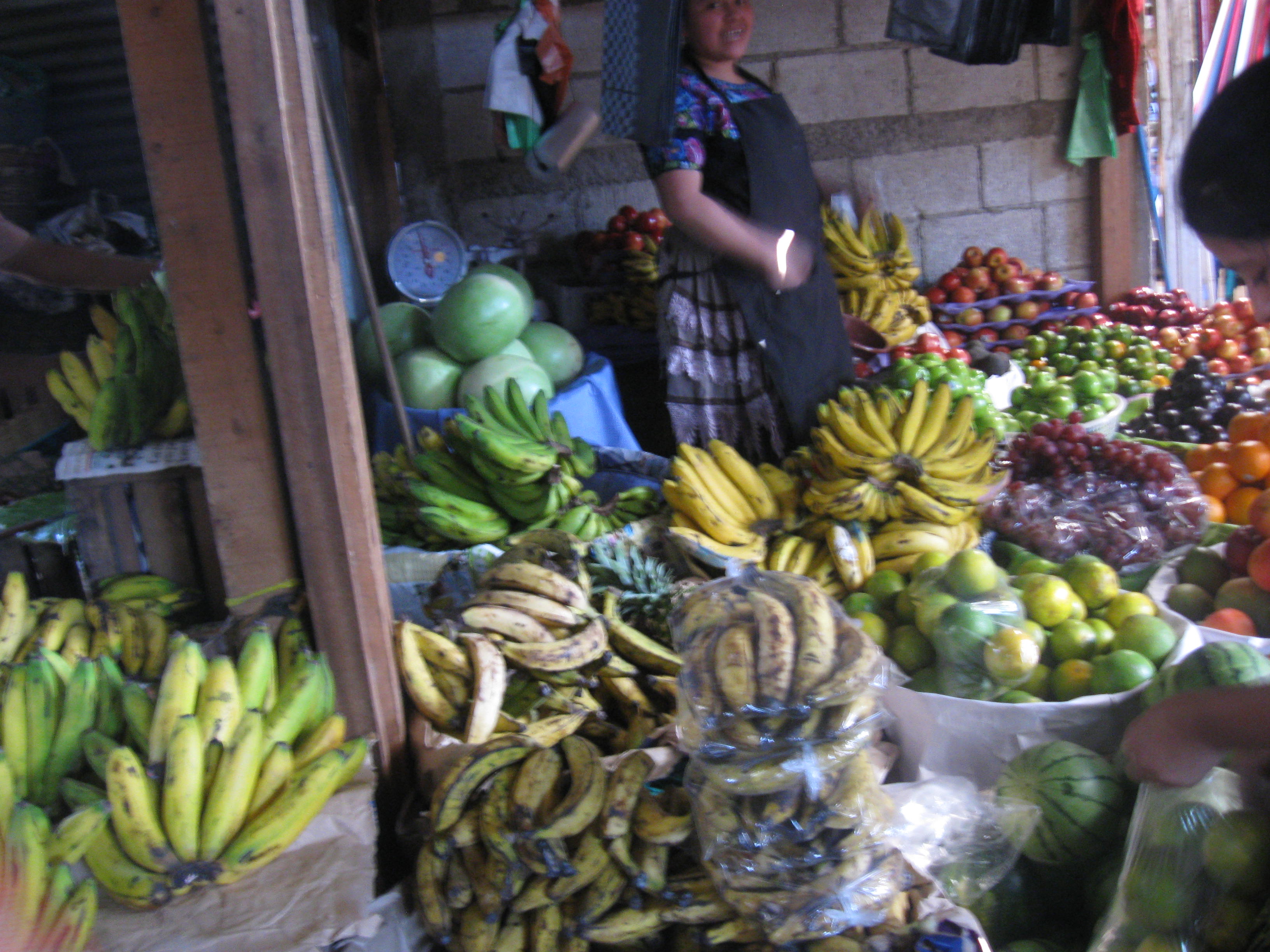Today we learned a great deal about the way coffee and other crops are traded from the farmer’s mountainside plot to the local market. The presence of “intermediaries” (people with trucks and cash) allows the flow of goods, but at a substantial price. They are one of the most powerful brokers of debt in the area, and many farmers are forced to borrow against their future crop to survive.
Memorable quotes from today’s journey:
“We are diving into the co-operative with both feet; we hope that we don’t drown. We trust them.”
“We are basically working for them (the intermediaries)…If the rich man on the hill were to give me a car, I would take it and become an intermediary myself.”
When asked if they trust the intermediaries, they responded: “We have no other option. I have to trust them. What else are we supposed to do?”
When asked what gives them strength and hope, the campesinos replied: “The Monsenor. He shares his spirituality and encourages us to live in faith. He lives in our poverty with us. He is the only one who has walked in our shoes.”
At the end of our discussion, we were asked: “So you have just asked me many questions, and I have given you much information. How can you use this, how can your country help us?”
All of our time spent with the farmers in their homes and in their fields have added depth to our analysis and kept us aware of the hope and the responsibility that the co-operative represents in the families’ lives.
We have never appreciated a cup of coffee more than we do today.

